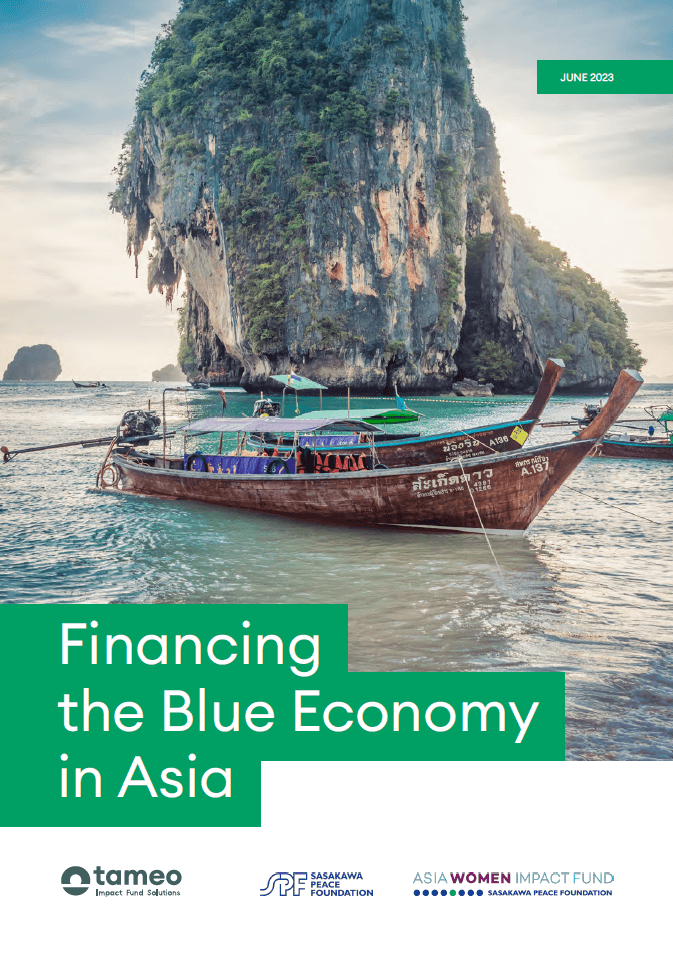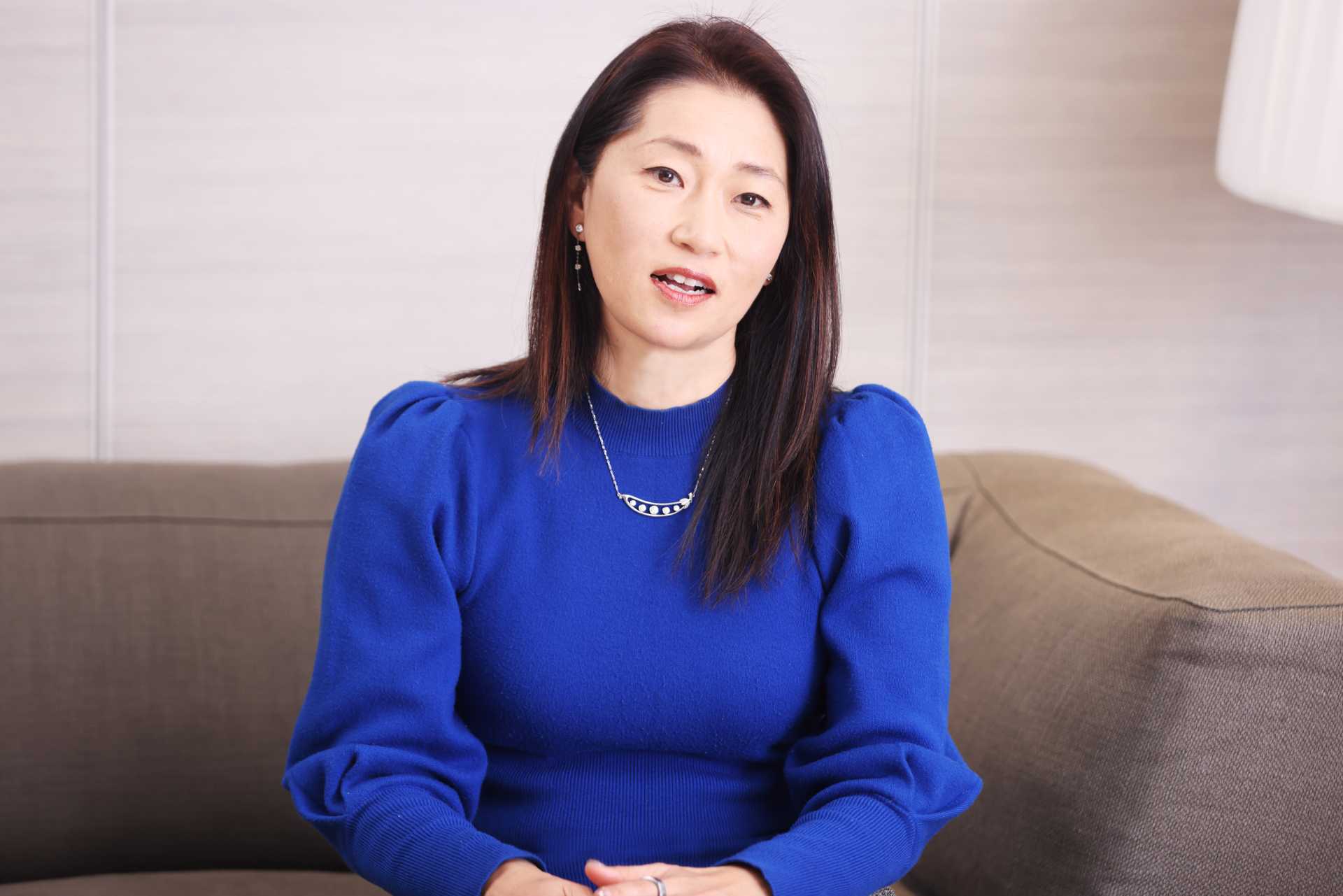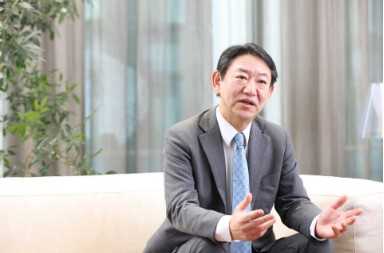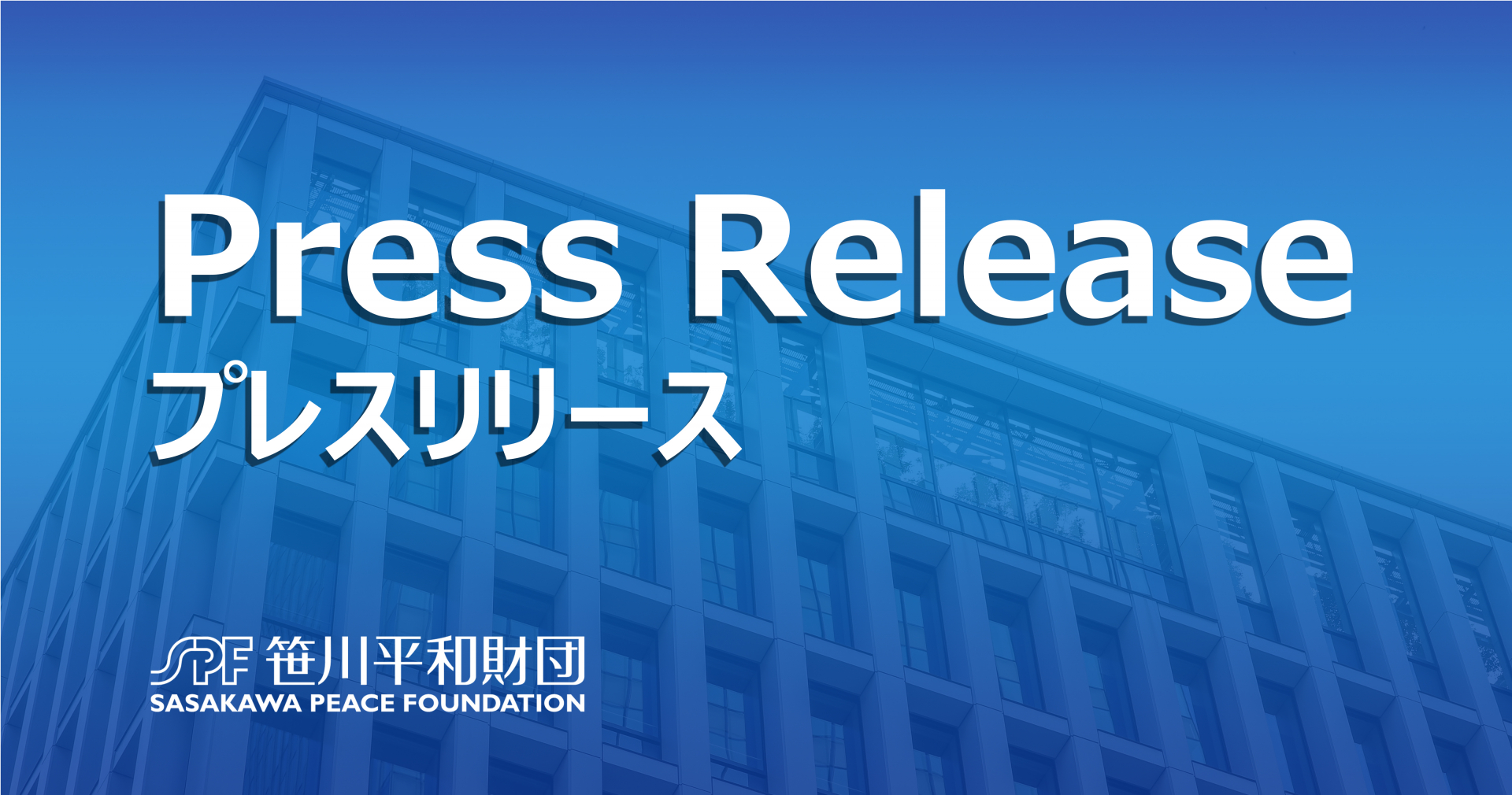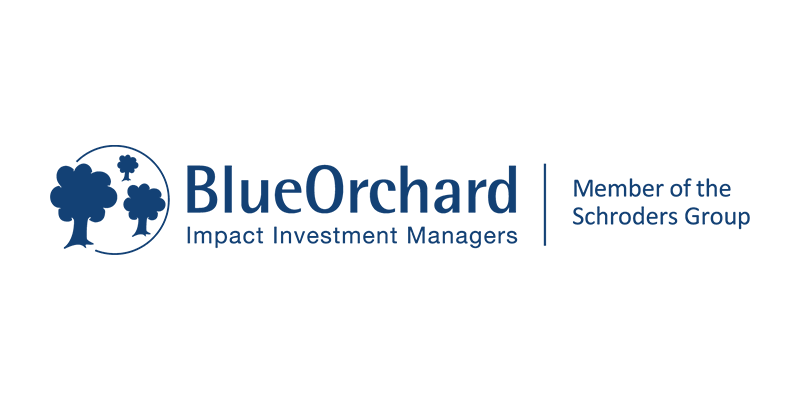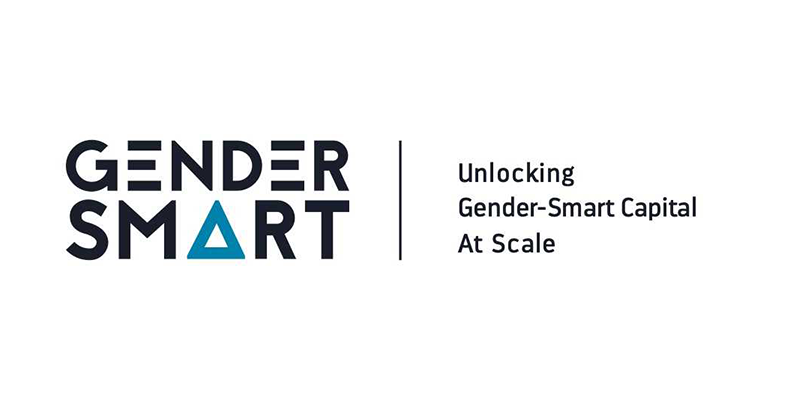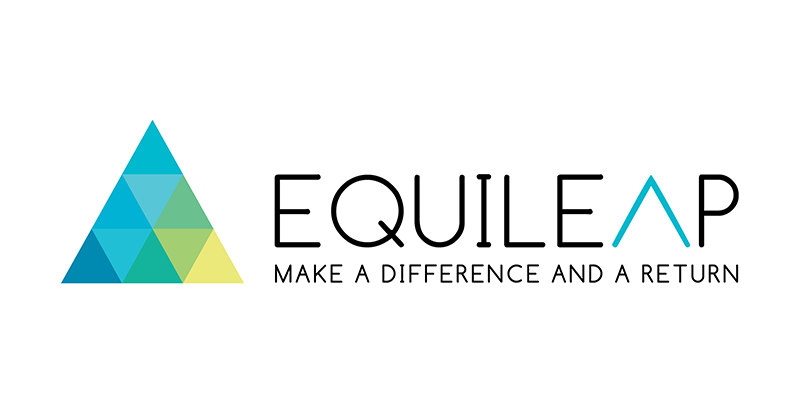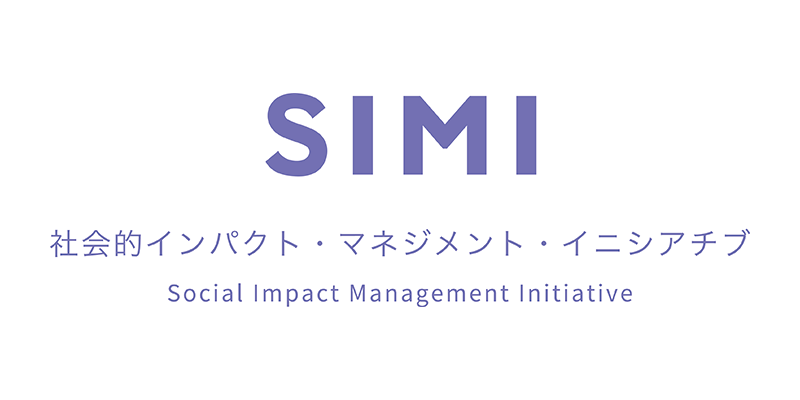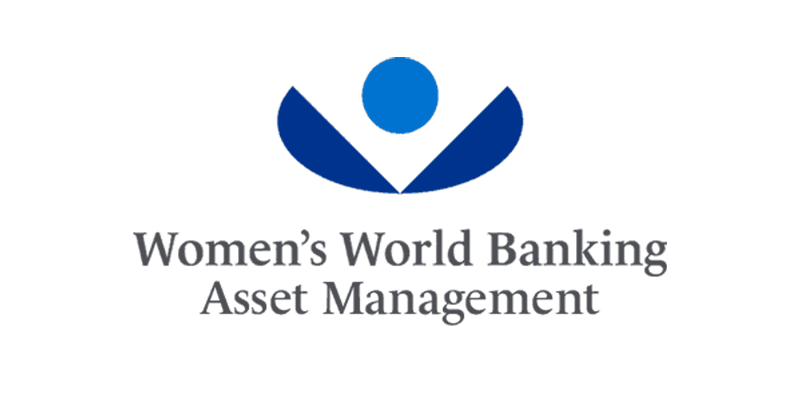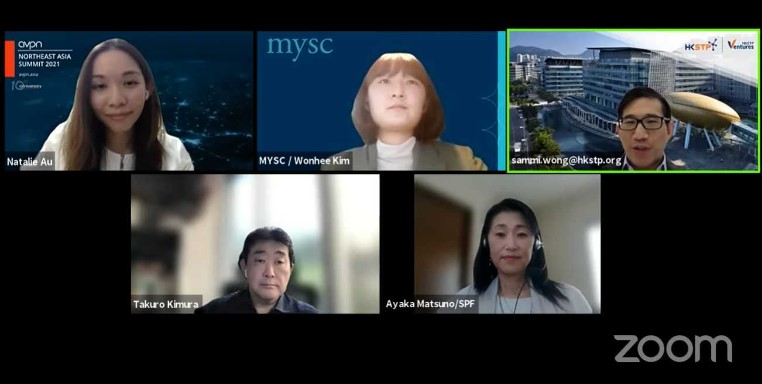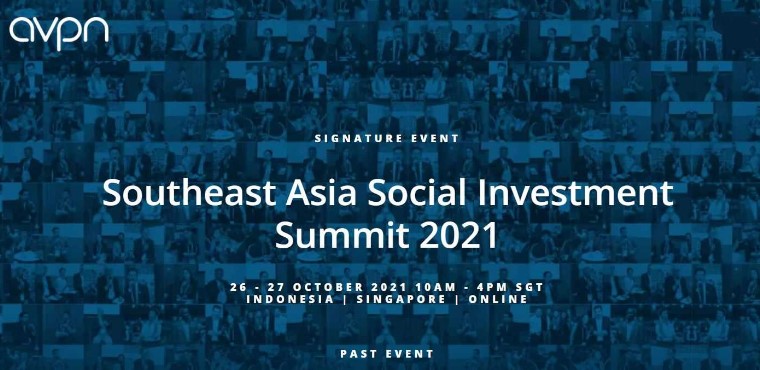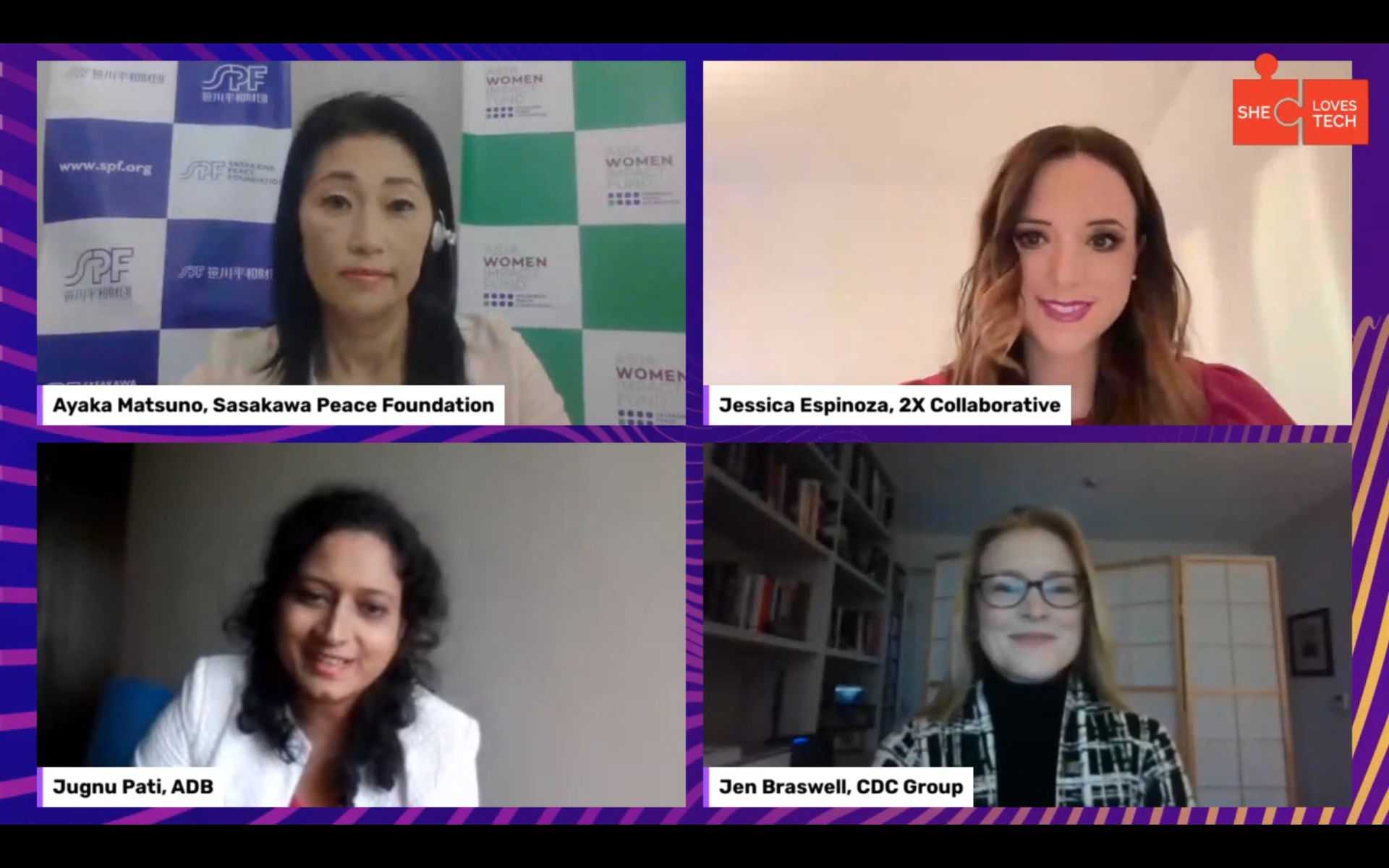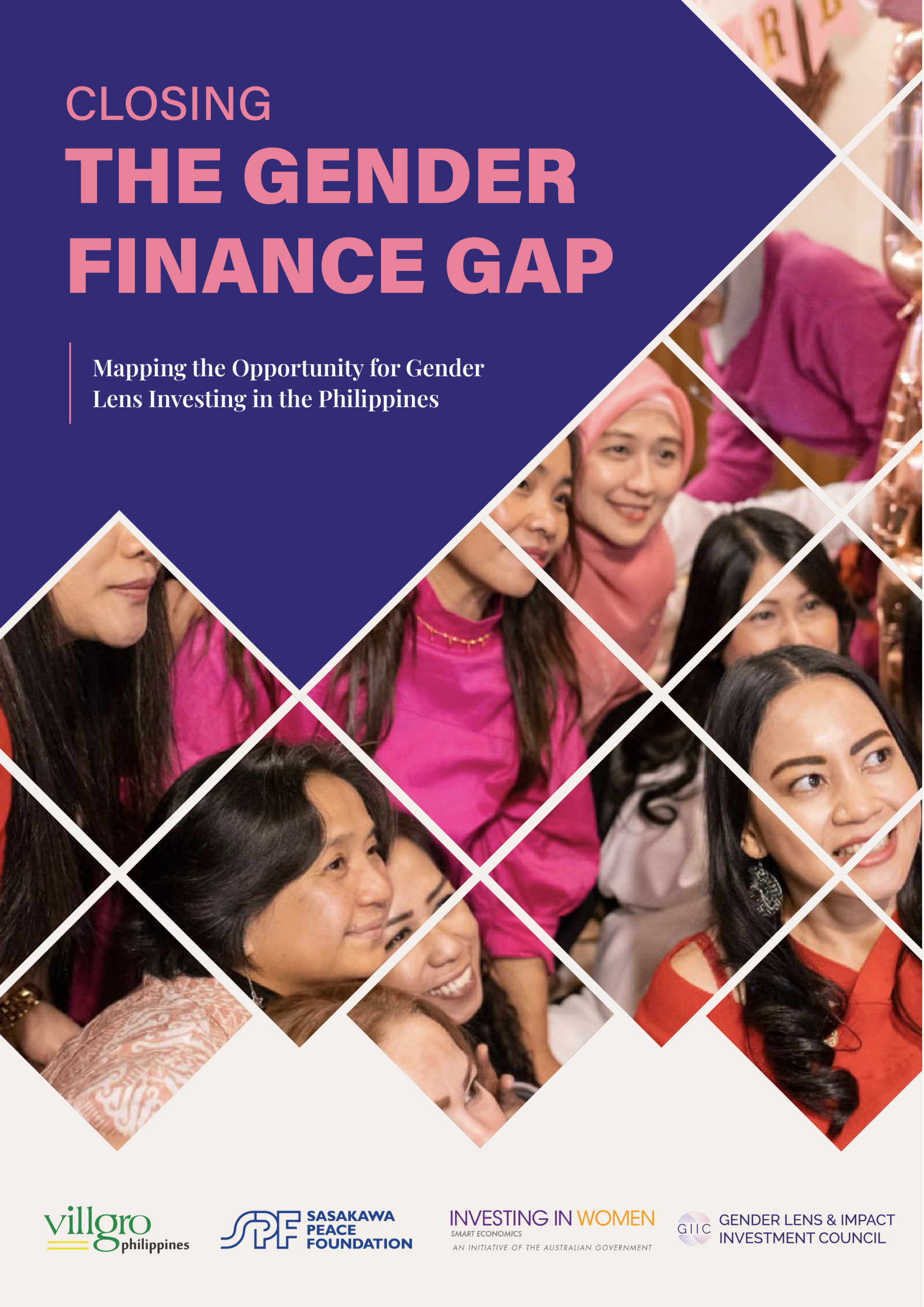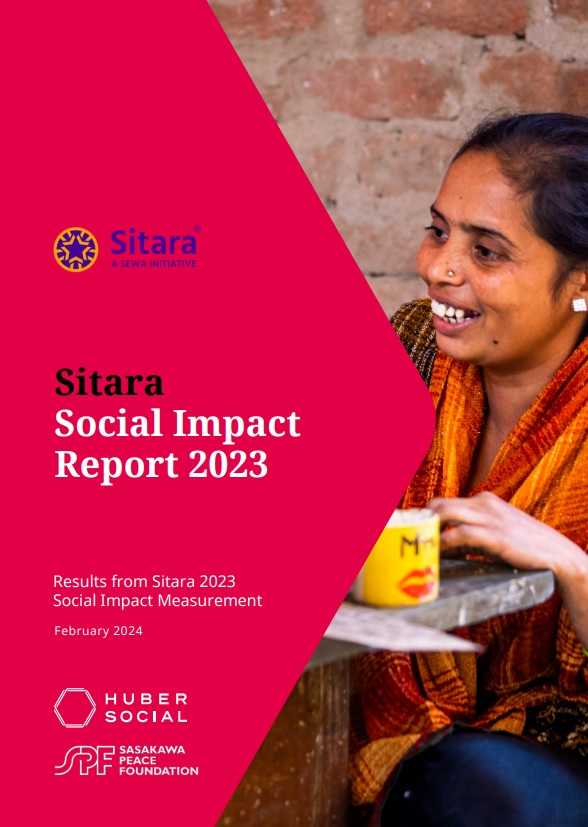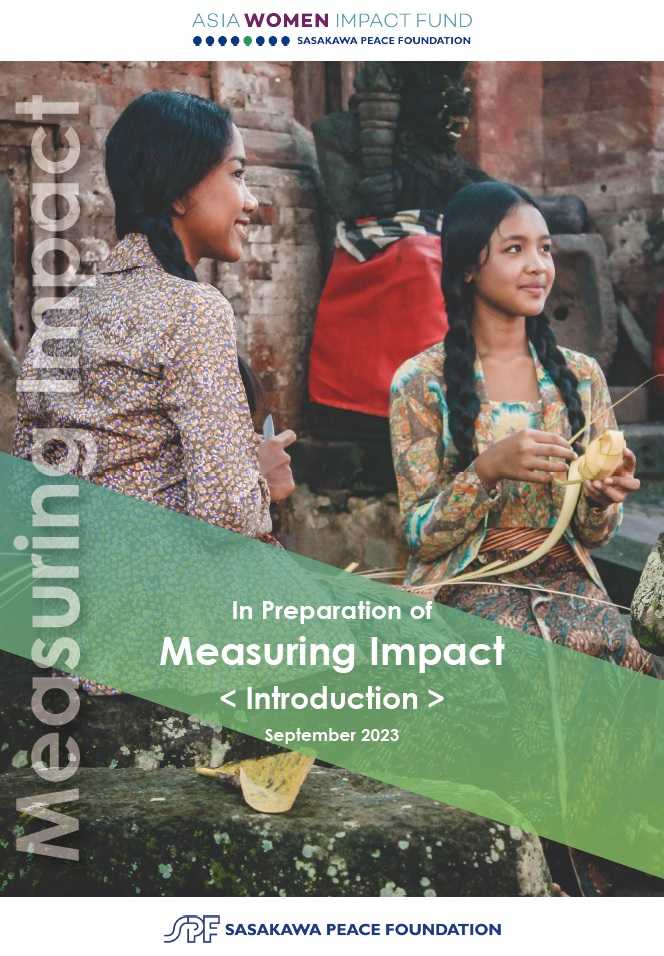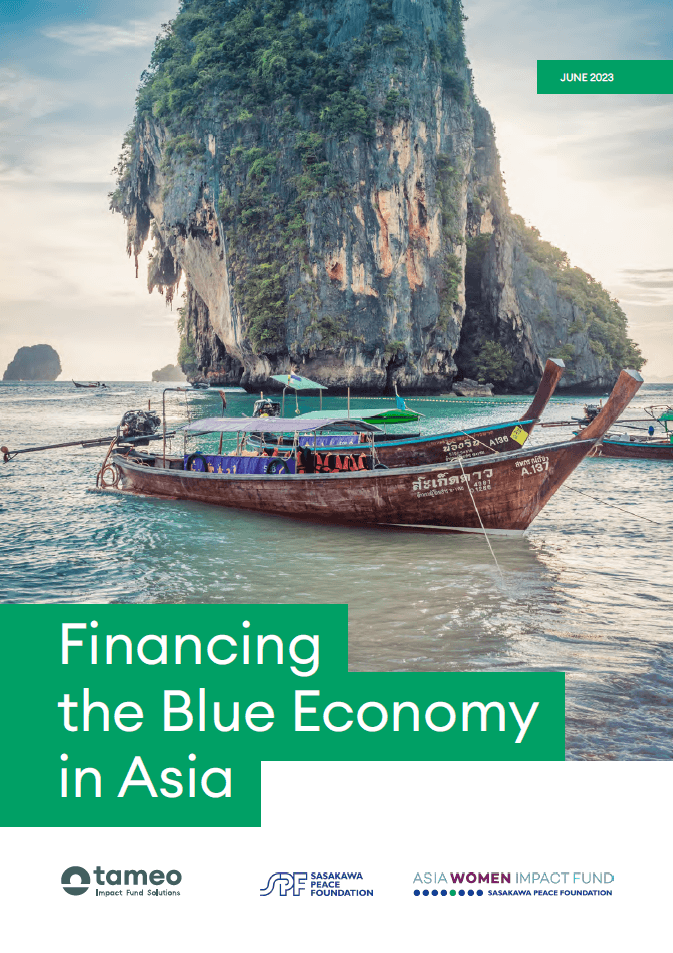Inclusive societies are the key to fully unlocking the benefits and opportunities posed by an increasingly globalized world. Since its inception, Sasakawa Peace Foundation value inclusive societies, and we accordingly pursue initiatives across Asia which enable us to contribute directly to social uplift while fostering diversity and advancing integration. In this context, we address the full intersection of migration and inclusion with rapidly developing trends in political, social, economic and environmental conditions.
Our research on inclusivity has both domestic and regional components, drawing on learnings from areas in Japan receiving migrants and refugees in order to conceptualize models for successful relationships between originating and host countries. We have helped develop stronger platforms for dialogue and co-operation, and have advocated for policies to support migrant interests, including proposals on educational reform and social issues. We also have gone further to address intra-community issues, developing comprehensive models for self-help and mutual aid support.
Keeping pace with international organizations and discourse, we have also begun to investigate the impacts of climate change and environmental changes on migration. In particular, we are engaged in finding responses to climate-induced displacement, which has grown at an alarming rate in recent years. We combine our knowledge of Asia with homegrown learnings from Japan’s experiences with disaster prevention.
